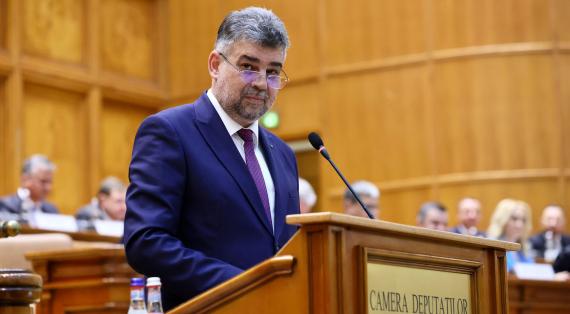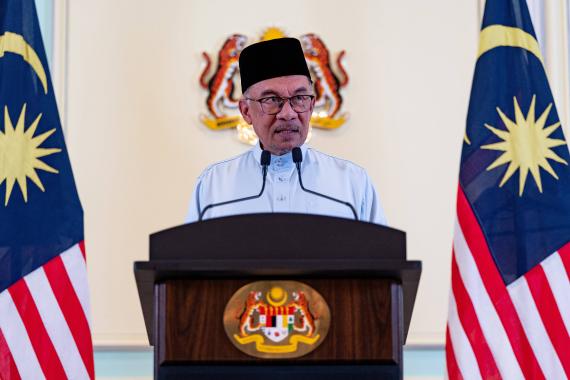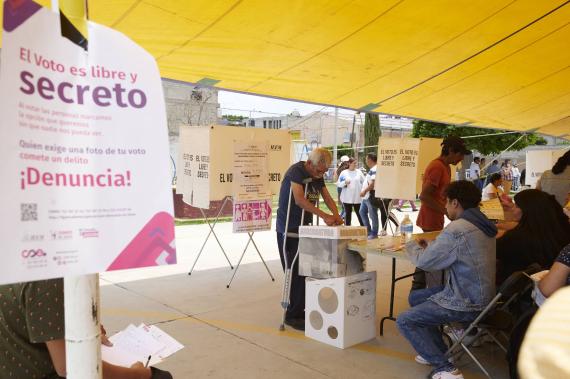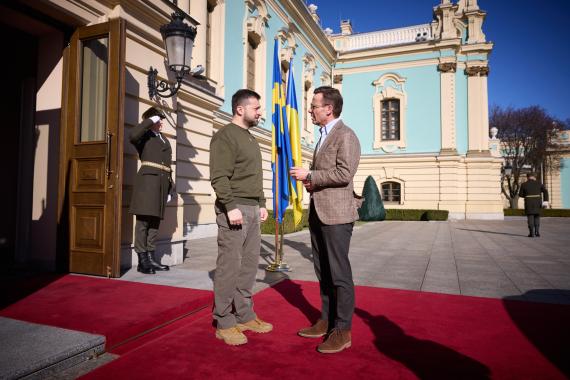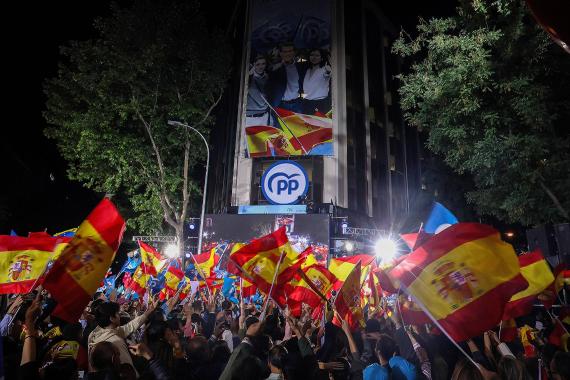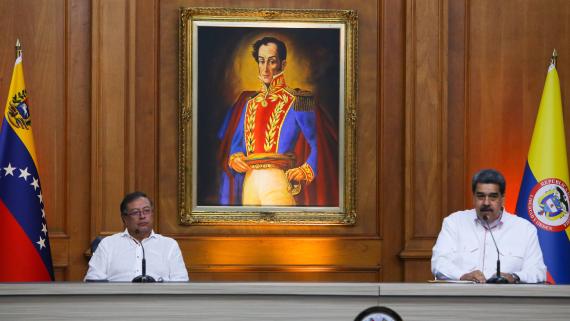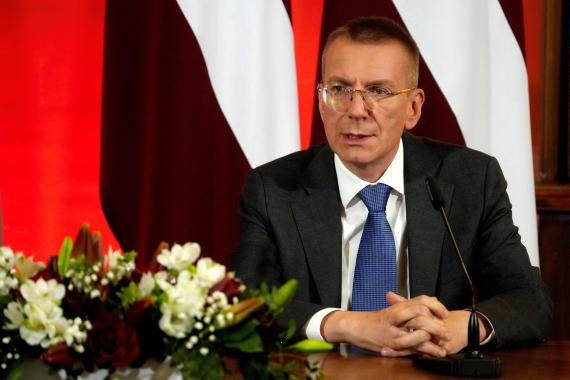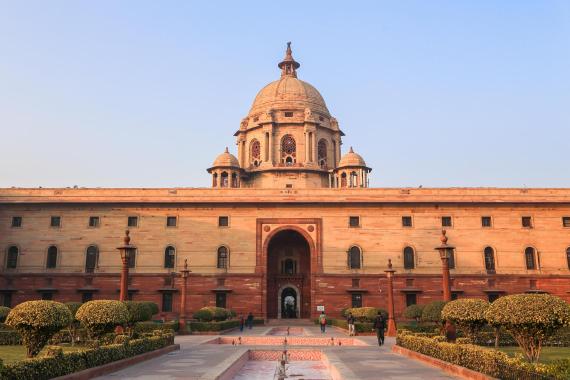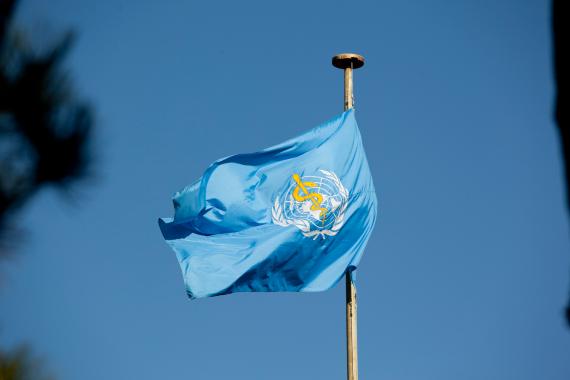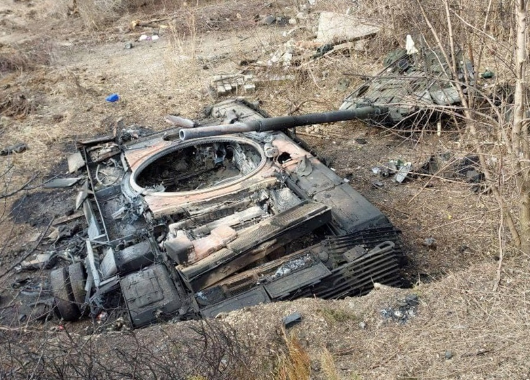Reboot of Colombia's Neighborhood Policy
President Petro seeks rapprochement with Venezuela.
Colombia and Venezuela were once part of the same state, have shared a history since their founding, wear the same colors on their flags, and share a 2,219-kilometer border. What happens on one side of the border affects the other. However, relations between the two sister states have not always been friendly and have experienced some very critical moments. The inauguration of Gustavo Petro as Colombian president in August 2022 marked a turning point for the prospects of bilateral relations, especially politically, but also economically and socially. The ultimately unsuccessful policy approach of the previous Duque government, which was characterized by non-recognition and the goal of replacing Maduro's regime, has given way under President Petro to an open attitude that is willing to engage in dialogue. Critics accuse him of not taking sufficient account of the authoritarian character of the Venezuelan government. In the course of the rapprochement, President Petro still has more than three years left in his term of office to prove that his course of détente with Venezuela is the better policy approach for strengthening democracy, security and development in the region.



